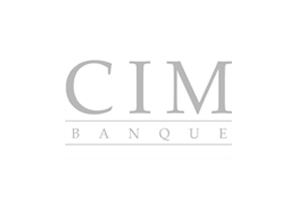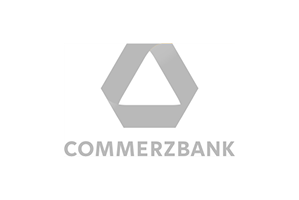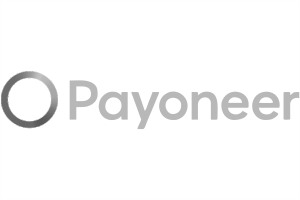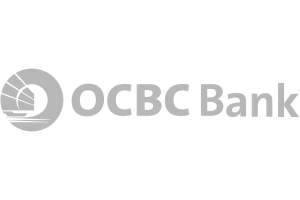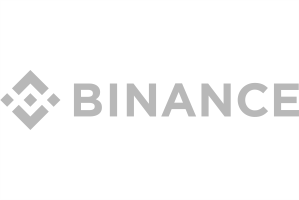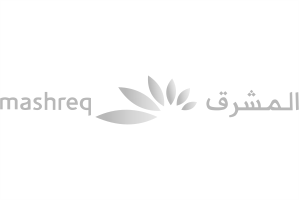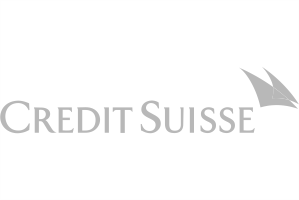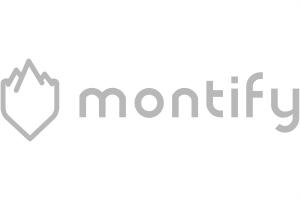Broker license Forex
With a daily volume of $6.6 trillion from more than 9 million online traders, the Forex market is proving to be a substantial financial arena and more dynamic than the major stock markets. In 2020, its volatility led to a 300% increase in trading activity, which is expected to continue. Obtaining a forex trading license is a necessary procedure for those companies that want to enter this lucrative market. A business can confidently operate in this market by having a license issued by regulatory authorities and adhering to financial norms and standards. Brokerage companies must apply to the regulatory authority in the chosen jurisdiction, and the requirements may vary from country to country.
Advantages of Obtaining a Forex License
For companies that are going to enter the Forex market, obtaining a license can provide many advantages:
- Partners and clients understand that your business operates ethically and transparently, so a Forex license helps to build trust and credibility.
- Facilitating the opening of corporate accounts and partnership agreements because having a license simplifies relations with banks and financial institutions.
- Ensuring the protection of customer funds and compliance with risk management protocols, as licensed operations are subject to regulatory supervision, which guarantees the business’s financial stability.
- Secure and uninterrupted transactions, access to a wider range of payment services, and access to new markets thanks to regulatory recognition agreements and certification by all forex broker license holders.
- Ensuring an additional level of security, protection against professional risks with a guarantee of the safety of clients’ funds through access to special insurance options.
Forex Market Business Models
Obtaining a finance broker license is essential for legally operating within the Forex market’s three primary business models:
Market Maker Model
- Acts as the counterparty to client trades, providing liquidity.
- Gains from client losses and commissions, assuming all trading risks.
- Generates stable revenue, even in low volatility periods.
- Serves as both the market participant and intermediary.
Agency Model
- Facilitates trades between traders and liquidity providers without taking positions.
- Earns based on trade volume, independent of client profit or loss.
- Profits correlate directly with trading volume.
- Automates trade transfers to liquidity providers and sets buy/sell prices.
Hybrid Model
- Combines features of both market making and agency models.
- Offers flexibility in transaction processing and revenue generation.
- Allows the business to adapt its role based on market conditions.
Jurisdictions for Securing a Forex Trading License
Cyprus Forex License Essentials
Thanks to the reputable regulatory body, the Cyprus Securities and Exchange Commission (CySEC), Cyprus has become a favorite destination for forex business startups. This regulatory body ensures strict compliance with the Markets in Financial Instruments Directive II (MiFID II). Thus, the jurisdiction is desirable to clients, as an offshore forex license here provides a high level of trust in the holders. Other important aspects will be discussed below.
- A Cyprus forex license allows businesses to operate across the EU without needing separate country-specific licenses.
- Cyprus offers a competitive Corporate Income Tax rate of 12.5% with no Withholding Tax, appealing for tax optimization.
There are three main types of forex licenses in Cyprus:
- Basic license — investment consulting and order execution or portfolio management.
- Standard license — transferring client orders directly to the liquidity pool.
- Full license — trading on your own account without external client transactions.
Licensing Requirements
- Company incorporation in Cyprus.
- Minimum capital from €50,000 to €730,000, depending on the license type.
- Application fee of €3,000 and annual turnover-based fees (0-0.5%).
- A registered office in Cyprus and a team that meets professional standards.
- Strong AML/CFT policies.
The application process usually takes up to six months, with a fast-track option available for an additional €25,000 to expedite to 3-4 months. Purchasing an existing forex company can also be a quicker alternative, ensuring compliance and a seamless transition.
Mauritius Forex License
In order to obtain an offshore brokerage license, Mauritius is one of the best in the world, as the FSC (Financial Services Commission) has set high standards of compliance, transparency, and investor protection. This has greatly enhanced the reputation of forex operations licensed in Mauritius, providing the FSC with international recognition. Another important achievement is the high global rankings of doing business, so the country is known for its favorable business environment. Forex companies have many advantages, as the regulatory body facilitates the smooth obtaining of an offshore forex license. In addition, the absence of currency controls and favorable tax conditions, such as low corporate tax rates, exemption from capital gains tax, and withholding tax, are attractive.
Types of forex licenses in Mauritius
- The Investment Dealer License is intended for forex brokerage companies.
- Investment Advisor License is for companies offering investment advice on the Forex market.
- The Global Business License (GBL) is not exclusively for Forex but allows you to conduct financial transactions, including Forex trading.
Forex Trading License Requirements
- Incorporation of the company in Mauritius.
- Minimum capital ranges from 45 MUR (about 1 EUR) to 700,000 MUR (about 14,000 EUR), based on license type.
- Application fees vary from 5,000 MUR (about 100 EUR) to 23,000 MUR (about 460 EUR).
- Annual fees are between 57,000 MUR (about 1,200 EUR) and 90,000 MUR (about 1,800 EUR).
- A registered office in Mauritius.
- Compliance with fit and proper criteria for key company figures.
- Implementation of AML/CFT policies.
The licensing process can span 4-8 months, influenced by business complexity, application quality, and the FSC’s capacity. Engaging legal experts for application preparation is recommended to streamline this process.
Forex License Acquisition Steps
Jurisdiction Selection
- Conduct a thorough analysis to identify a jurisdiction that aligns with your business model, operational needs, and target market.
- Evaluate crucial factors such as initial capital requirements, economic conditions, licensing terms, and local laws.
Company Registration
- Thoroughly examine the jurisdiction’s legal requirements.
- Collect and verify necessary documents (e.g., articles of incorporation, KYC) for submission to the local company registry.
- Receive corporate documents confirming the official registration.
Bank Account Opening
- Opening a corporate bank account is a prerequisite for forex licence application in many jurisdictions.
- Seek help from professionals to identify a reputable bank and gather necessary documentation for account setup.
Documentation Preparation
- Prepare a realistic business plan outlining your forex operation.
- Details of key employees, proof of funds, and insurance information.
- Draft AML/CFT policies to meet regulatory standards.
Regulatory Compliance
- Confirm the establishment of a local office, if required.
- Hire local employees to meet jurisdictional demands.
- Develop and enforce internal AML/KYC regulations.
License Application
- Ensure your application contains all required information and documents.
- Be prepared for additional inquiries or an interview request from regulators.
FAQ
What should you pay attention to when choosing a jurisdiction for a forex license?
Be sure to take into account such factors as the regulator’s reputation, business environment, legal requirements, tax implications, and market access. In addition, it is usually a good idea to consult with lawyers who will help you choose the right jurisdiction for your forex license.
How much money do I need to get a Forex license?
The amount of money required to obtain a forex licence depends primarily on the required jurisdiction and type of license. Considering such countries as Vanuatu, they stand out among others due to their rather low price. The cost can reach several hundred thousand dollars if you choose countries with stricter regulations, such as the United States or the United Kingdom.
What do you need to open a forex brokerage firm?
When starting the Forex company registration procedure, you should take care of identifying shareholders and directors, collecting a package of documents, submitting a business plan, paying state fees, and registering the authorized capital.
What difficulties can be encountered when obtaining a forex license?
It can be a challenging process for businesses, as obtaining a license goes through various regulatory, financial, and operational requirements. Many face difficulties such as strict regulatory compliance, complex application procedures, capital requirements, a competitive business environment, or simply market knowledge and experience gaps. To minimize such challenges, turn to experienced professionals who will take the hard part out of the equation, giving you a guarantee of success.
